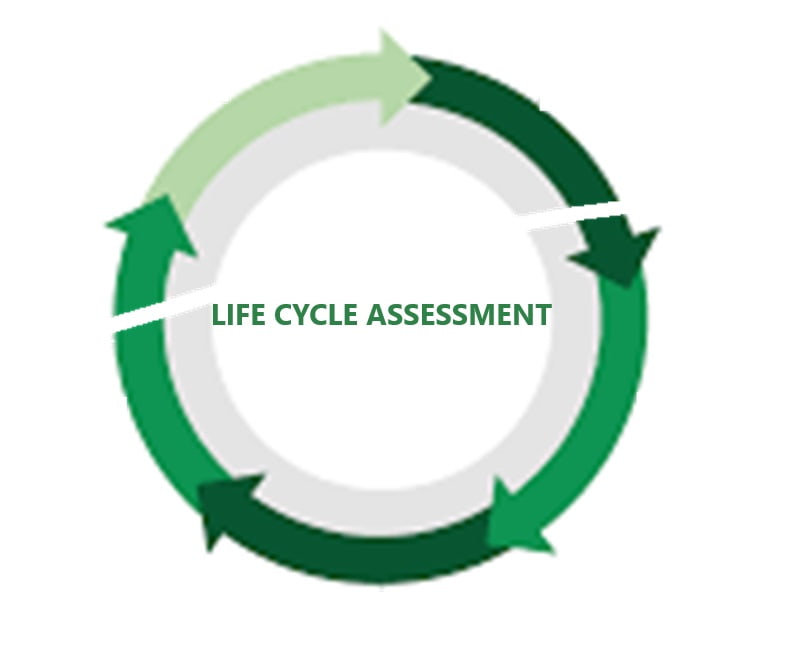Life Cycle Assessment – GM has developed an innovative cooling system for electric car batteries, inspired by the famous game Tetris 03-04-2024
Life Cycle Assessment
Crude Oil Prices Trend
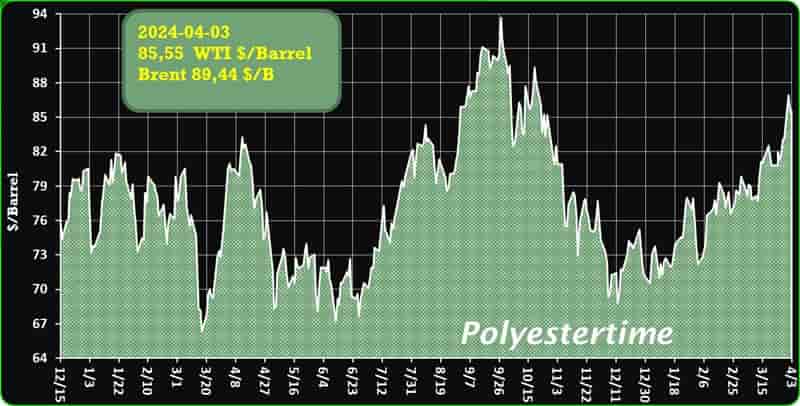
Crude Oil Prices Trend by Polyestertime
ArabPlast 2023 – A Transformative Showcase of Innovation and Sustainability in the Plastics and Petrochemical Industry
ArabPlast, the premier trade fair for the plastics, recycling, petrochemical, packaging & rubber industry, unfolded its grandeur on the 13th of December 2023. The three-day spectacle not only celebrated the latest advancements, and innovations, but also delved into sustainable solutions, positioning itself as a pivotal player in shaping the future of the global plastics, petrochemical and allied industries. The inauguration ceremony on the 13th was graced by the esteemed presence of His Highness Sheikh Hasher bin Maktoum bin Juma Al Maktoum, Member of the Ruling Family & Chairman of Dubai Media Incorporated, further emphasizing ArabPlast’s unparalleled significance. Life Cycle Assessment
The promise of an exceptional experience for industry professionals, enthusiasts, and stakeholders was not a mere declaration; it became a tangible reality. As the curtains were drawn on the 15th of December 2023, the resounding success of ArabPlast firmly endorsed its unrivaled position in the Middle East’s industrial landscape and extended its influence beyond regional boundaries.
A defining feature of ArabPlast 2023 was the participation of more than 750 exhibitors, representing 35 countries across the globe. Life Cycle Assessment
This impressive gathering of industry leaders, innovators, and visionaries created a dynamic environment under a single roof.
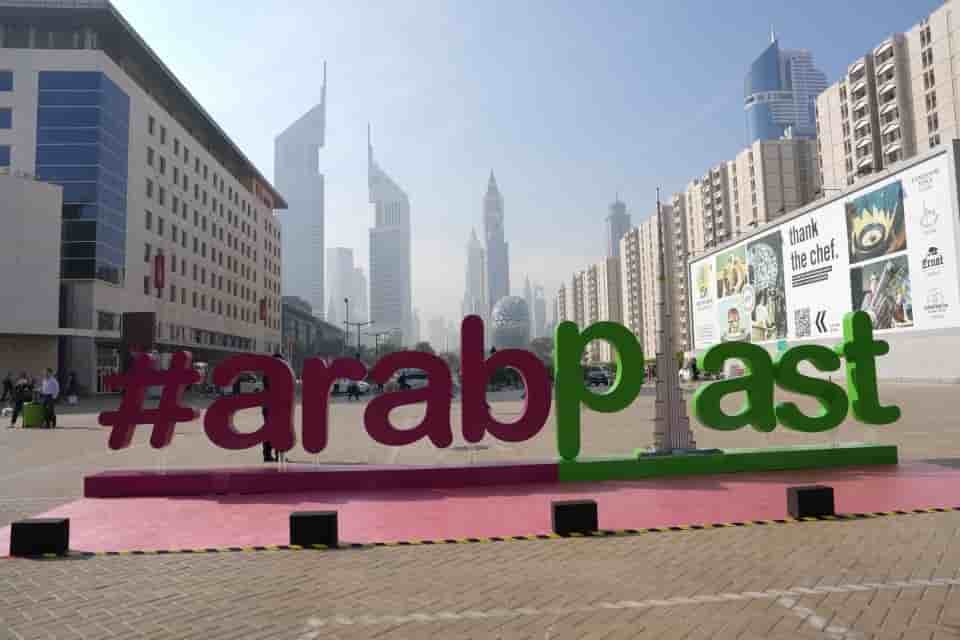
PE market is in the extended downcycle of low operating rates and margins
The polyethylene (PE) and polypropylene (PP) markets are both in the midst of an extended downcycle of low operating rates and margins sparked by massive overbuilding and delayed rationalization, according to industry experts who spoke at the World Petrochemical Conference by S&P Global, as per Chemweek.
“By our estimation, [the polyethylene] industry went into a downcycle in the second half of 2022, and the conditions that drove us there persist,” said Jesse Tijerina, head of global polyolefins at S&P Global Commodity Insights. “It’s this oversupply that we’ve been talking about … and then also [the] somewhat weaker global economic demand that we experienced in ‘23 and expect it to go into ‘24 as well. Life Cycle Assessment
Much like in ethylene, there is additional excess capacity still planned in the next three years, which complicates the matter from a recovery perspective. Without action, these conditions will continue to put pressure on profitability, and we think this could go into 2027 or beyond.”
PE capacity additions outpaced demand growth by 13.5 million metric tons (MMt) over the last four years, Tijerina noted, pulling the global operating rate down from 87% in 2020 to 79% in 2023. Under current demand projections, this excess capacity will not be absorbed for another two or three years; meanwhile, more new capacity is slated for start-up, so the operating rate will remain mired near 80% through 2027. Life Cycle Assessment
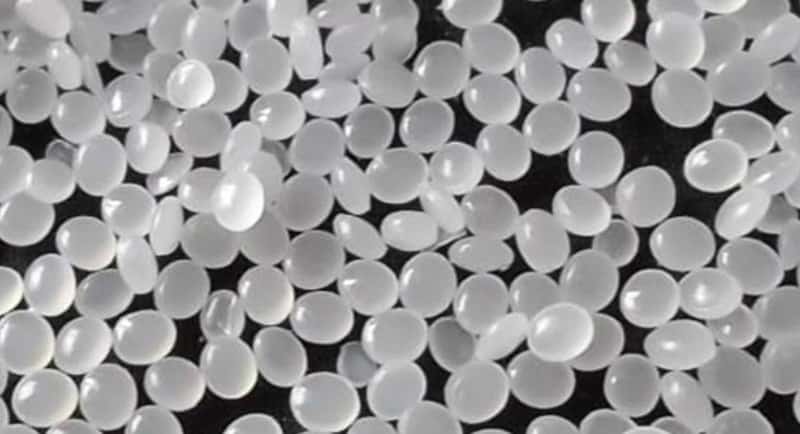
Life Cycle Assessment (LCA) is increasingly adopted in various industries to gauge a product’s environmental impact
Essentially, LCAs evaluate the environmental footprint from raw material extraction to disposal. For manufacturers striving to reduce carbon emissions and environmental harm, LCAs are pivotal. These assessments inform decisions on sustainable materials and processes. Consequently, manufacturers are pressuring Tier suppliers to disclose carbon footprint and environmental data. But what exactly is an LCA?
An LCA analyzes a product’s environmental impact across various categories like resource depletion, water usage, and global warming potential. Typically, there are two types: cradle-to-gate, evaluating from raw materials to product readiness, and cradle-to-grave, covering a product’s entire lifecycle including its disposal. Both aim to quantify carbon emissions along the supply chain. Life Cycle Assessment
These emissions are categorized into scopes: Scope 1 refers to direct emissions like those from fuel-burning equipment, while Scope 2 pertains to indirect emissions like those from electricity usage.
In summary, LCAs are pivotal in understanding a product’s environmental impact. They guide decisions towards sustainability, driving ripple effects throughout the supply chain. Manufacturers, alongside Tier suppliers, must adapt to this shift towards environmental accountability by embracing LCAs and taking proactive measures to mitigate their carbon footprint. Life Cycle Assessment
GM has developed an innovative cooling system for electric car batteries, inspired by the famous game Tetris
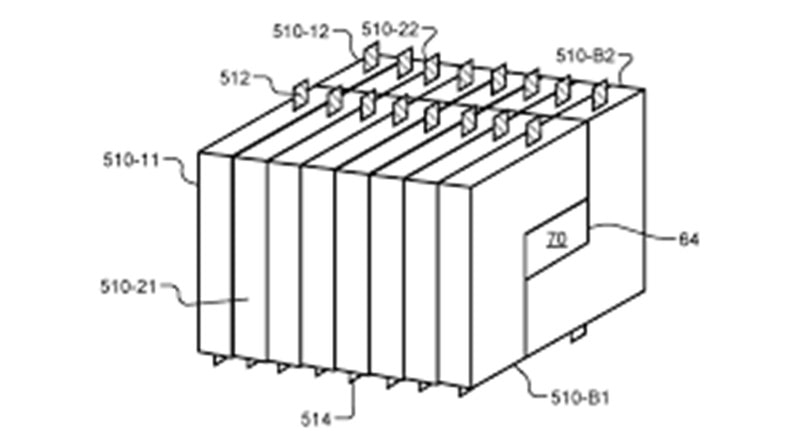
CARBIOS joins Paris Good Fashion to accelerate textile circularity and contribute to more sustainable fashion
CARBIOS (Euronext Growth Paris: ALCRB), a pioneer in the development and industrialization of biological technologies to reinvent the life cycle of plastic and textiles, announces its membership to Paris Good Fashion, the association that unites over 100 French players in the sector – brands, designers and experts – around their commitment to sustainable fashion. CARBIOS is the first recycling technology supplier to join, demonstrating the importance given to recycling to achieve textile circularity. By contributing its revolutionary solution for the biorecycling of polyester, the world’s most widely used and fastest-growing textile fiber, CARBIOS aims to contribute Paris Good Fashion’s mission, which focuses on concrete actions, best practice sharing and collective intelligence to accelerate change in the fashion industry. Life Cycle Assessment
Developing the “fiber-to-fiber” industry
CARBIOS will be particularly involved in the association’s project to set up a working group dedicated to the development of a “fiber-to-fiber” industry, one of Paris Good Fashion’s top priorities over the next five years. While only 1% of textiles are currently recycled fiber-to-fiber (circular), this working group will identify levers for significantly increasing the share of recycled fibers in the industry.
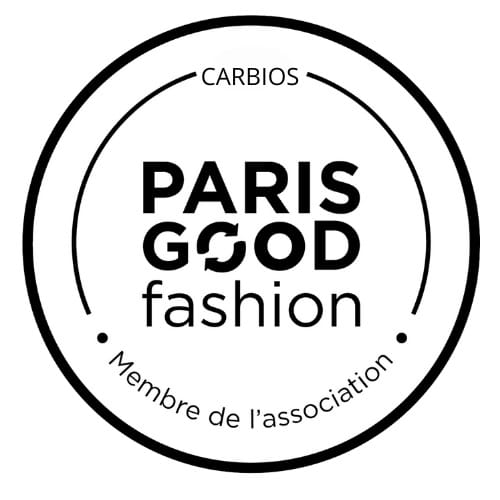
Coke’s ‘First in Decades’ PET Lightweighting Project Sends Supply Chain Ripples
A new lightweighting project reduces the weight of 12-, 16.9-, and 20-oz PET bottles from 21 to 18.5 g. That’ll help reduce PET by 3 million metric tons by 2025, but how will the supply chain react? We asked Alejandro Santamaria, Coke’s senior director.
All small PET bottles in 12 oz, 16.9 oz and 20 oz will be lightweighted from 21 g to 18.5 g for all The Coca-Cola Company’s sparkling brands, Minute Maid Refreshments, and Minute Maid Aguas Frescas in the U.S. and Canada. Life Cycle Assessment
The Coca-Cola Company has completely redesigned its range of small PET bottles with its latest lightweighting initiative, reducing the weight of these bottles and in many cases, changing the shape. Starting now and through 2024, all small PET bottles in 12 oz, 16.9 oz and 20 oz will be lightweighted from 21 g to 18.5 g for all The Coca-Cola Company’s sparkling brands, Minute Maid Refreshments, and Minute Maid Aguas Frescas in the U.S. and Canada. Life Cycle Assessment
Coca-Cola Trademark’s 20-oz 100% recycled PET (rPET, excluding caps and labels) bottles will soon be available in the new lightweighted bottle, as well.
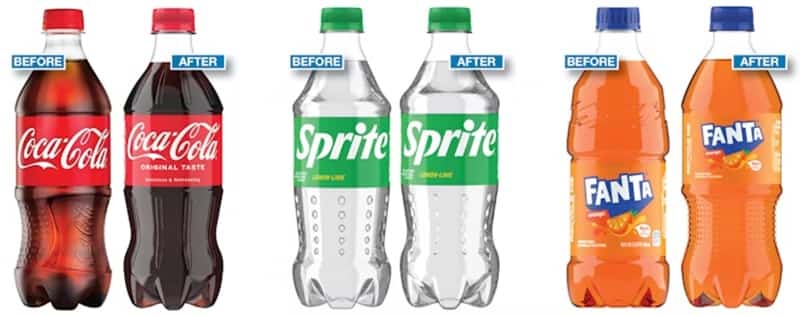
TOMRA’s deep learning solutions sort and separate food- from non-food plastics
TOMRA seeks to separate food-grade PET, PP, and HDPE from their non-food-grade counterparts with a new sorting technology utilizing deep learning, as well as purify plastic and paper waste streams with deinking and cleaning machinery.
Deep learning is a subset of AI. TOMRA’s continued investment in GAIN, its deep learning-based sorting add-on for its AUTOSORT units, has allowed the company to develop a solution claiming to ‘quickly and efficiently’ separate food-grade and non-food-grade plastics on a large scale. Life Cycle Assessment
Now rebranded as GAINnext, the technology is reportedly capable of identifying objects that are difficult or even impossible to classify with optical waste sensors. TOMRA explains that these traditional solutions can struggle to separate food- and non-food packaging by sight alone, as they often look similar and/or are made of the same materials.
By bringing deep learning technology to conventional near-infrared, visual spectrometry, and other sensors, TOMRA claims to exceed purity levels of 95% for packaging plants and open up new revenue streams for its customers. It also intends to overcome the challenges posed by hygiene concerns and stringent industry regulations in the recycling processes for food packaging. Life Cycle Assessment
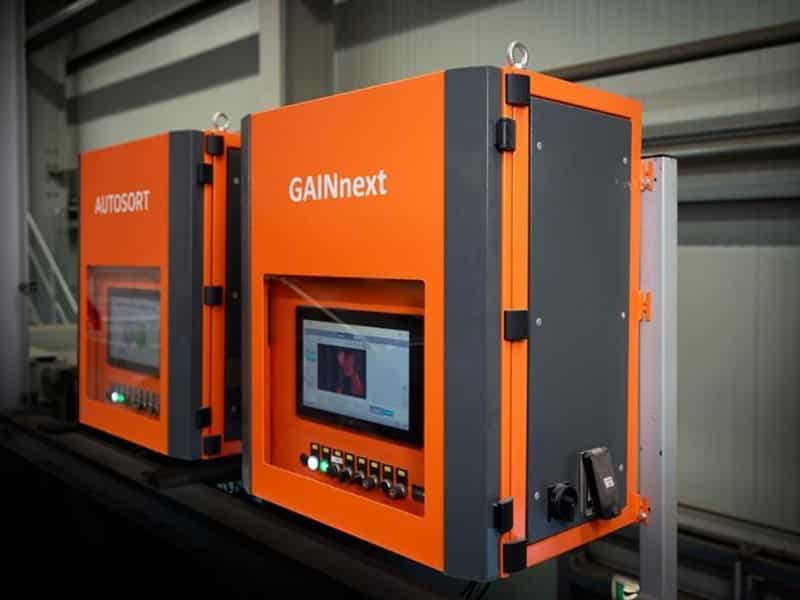
Polyamide6,6 Automotive – Escalating trend of virgin PSF replacing recycled PSF 02-04-2024
Life Cycle Assessment

